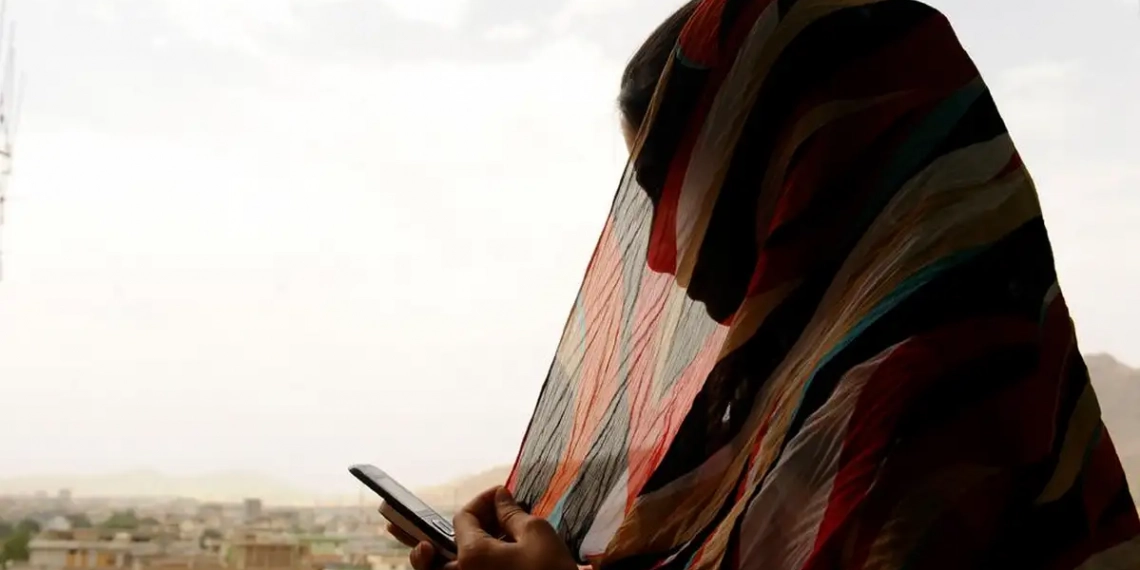The Taliban police headquarters in Khost province issued a written directive Saturday to the media, declaring a ban on any phone contact between women and girls with audio and visual media outlets.
According to the statement, media officials are warned that facilitating phone contact between girls and media outlets will result in summoning and pursuit.
The directive accuses some private radio stations in Khost province of promoting moral corruption, citing school lessons and social programs involving girls as a primary example.
“The misuse of these educational and social programs leads to illegitimate phone contacts between girls and program producers, not only fostering moral corruption but also violates Islamic standards,” the letter states.
Afghan Journalists’ Center (AfJC) has expressed serious concerns regarding the impact of this directive on the work of independent media. They have demanded its immediate cancellation by the Taliban.
AfJC highlights that alongside national (government) radio and television, there are currently 15 private radio stations and three private television channels operating in Khost province.
The Afghan Journalists’ Center views the Taliban’s warning against media officials for facilitating girls’ phone contact with media outlets as a violation of mass media laws.
Under the mass media law, which the Taliban government has endorsed, journalists are entitled to carry out their professional duties freely. No individual or authority should impose restrictions or threats on them; instead, they should be supported in their work.








